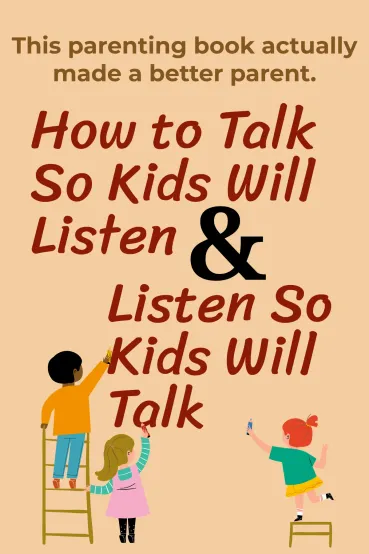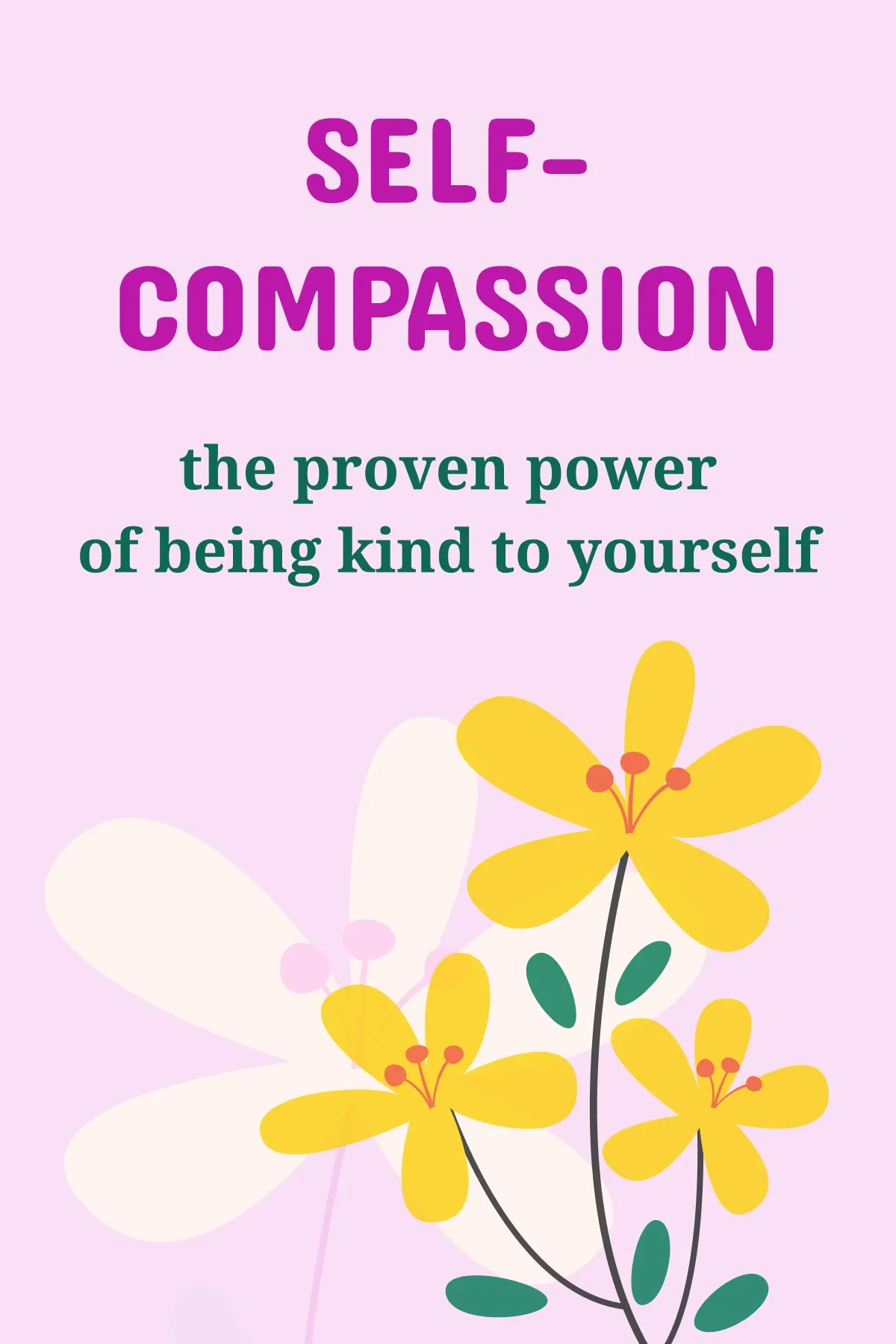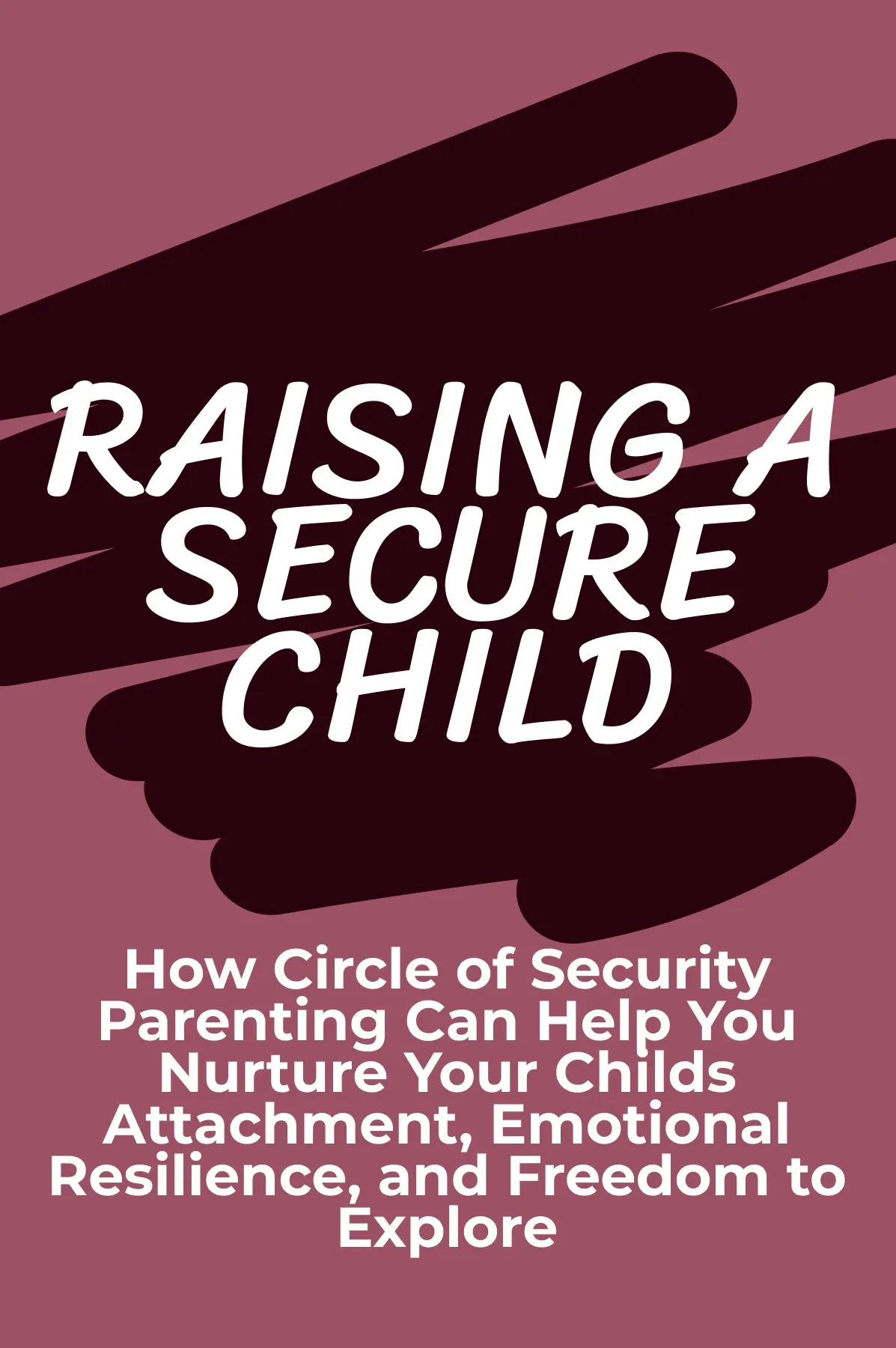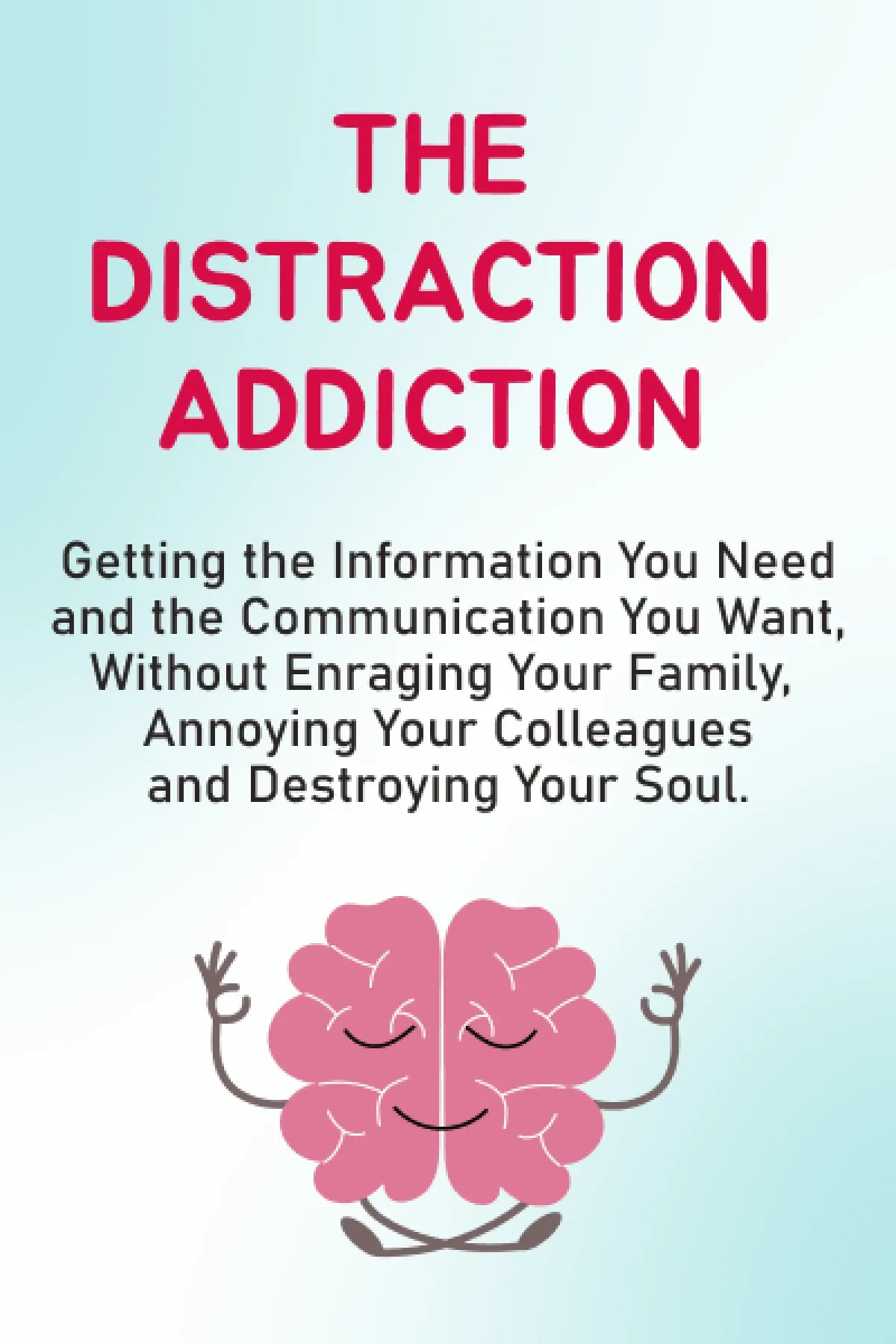
How to Talk So Kids Will Listen & Listen So Kids Will Talk
Brief Summary
“How to Talk So Kids Will Listen & Listen So Kids Will Talk” is a must-read for parents who want to improve their communication with their children. This guide offers practical tips on how to influence a child's behavior positively, understand their perspective, and seek a compromise with them. By applying the skills taught in this book, parents can build long-lasting relationships with their children based on mutual respect.
Topics
Key points
Key idea 1 of 6
Imagine that you and your five-year-old son are in a supermarket. As you go through the toy department, he starts yelling, "I want that car! I want it now!" What should you do in such a situation? Your initial reaction may be to scream back at the child and tell him to stop crying, but this is unlikely to calm him down.
Instead of accusing the child, let's think about what you can do to settle the situation. Children often ignore what adults say because parents fail to acknowledge their feelings. The way kids behave is connected to how they feel. The problem is that when we speak with a child, we usually don't pay attention to this. When you tell your child not to scream, you may ignore their underlying feelings. Often, behind this behavior is a feeling of boredom and annoyance due to being ignored. A child may not understand why they should not behave in such a way when they feel awful.
To connect with a child, it's essential to acknowledge and appeal to their feelings. Start by accepting how they feel and showing that you're listening. For example, you could say, "You are probably bored, I get it. You haven't played with your toys almost all day, yeah?" Or you could play along with their fantasy and say something like, "If I were a fairy, I'd wave my magic wand and fill this store with toys just for you!"
Moreover, children often say things you wouldn’t like to hear. They just don’t have an inner filter that allows them to choose their words carefully. For example, the author’s daughter said, “I hate Grandma,” which invoked a furious reaction from the mother. Kids can also say things like, “I don’t like the new baby” when there’s a new child in the household, or “My birthday party was stupid,” even though you had to use your savings to afford it. In this case, be empathetic and don’t deny their feelings. Remember that they don’t mean it.
Nevertheless, remember to be sincere. Don't try to acknowledge your child's feelings if you're not sure what they are because your child will notice and assume that you don't understand them. This will only make the situation worse. But what if you tried this approach and you still feel irritated? What should you do then?
FAQ
You may also like these summaries











